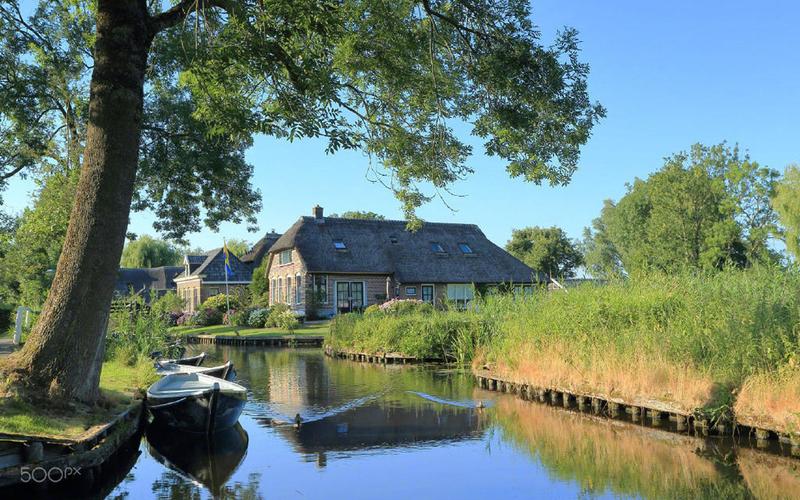Popular culture in the UK has been constantly evolving over the years, reflecting the country’s changing social, economic, and political landscapes. From the swinging sixties to the present day, there have been significant shifts in the way people consume and create popular culture, as well as in the themes and representations that feature in it.
One of the most notable changes in UK popular culture has been the rise of digital media. The internet has revolutionised the way that people access and share popular culture, making it easier than ever before to find and consume music, films, TV shows, and books from around the world. Social media platforms like Facebook, Twitter, and Instagram have also opened up new avenues for audiences to engage with popular culture, from following their favourite celebrities to discovering new indie artists.
The proliferation of digital media has also led to the fragmentation of traditional media outlets. The decline of print media has been well-documented, with many newspapers and magazines struggling to stay afloat in the face of online competition. However, this has also created space for new voices to emerge, with blogs, vlogs, and podcasts offering alternative perspectives on popular culture that may not be covered by mainstream media outlets.
Another significant change in UK popular culture has been the increasing focus on diversity and representation. The #MeToo and Black Lives Matter movements have pushed issues of gender, race, and sexuality to the forefront of cultural discussions, leading to more diverse and inclusive representations in film, TV, music, and literature. This has been seen in the success of movies like Black Panther and Crazy Rich Asians, which feature predominantly black and Asian casts respectively, as well as the rise of queer and feminist content across various media.
However, there are also concerns that this focus on diversity and representation is not yet fully reflected in industry leadership. Despite some progress, many of the biggest names in UK media and entertainment continue to be dominated by white, male voices. There is still work to be done to ensure that the opportunities and rewards of popular culture are available to all, regardless of their race, gender, or sexuality.
In conclusion, the changes in UK popular culture over the years have been wide-ranging and complex, reflecting global trends as well as local issues. The increasing prominence of digital media has transformed the way we consume and create popular culture, while the focus on diversity and representation has brought vital new voices and perspectives to the fore. As we move into the future, it will be interesting to see how these developments continue to shape the landscape of UK popular culture, and what new shifts and innovations emerge in response to the challenges and opportunities of our times.
(Note: Do you have knowledge or insights to share? Unlock new opportunities and expand your reach by joining our authors team. Click Registration to join us and share your expertise with our readers.)
Speech tips:
Please note that any statements involving politics will not be approved.
